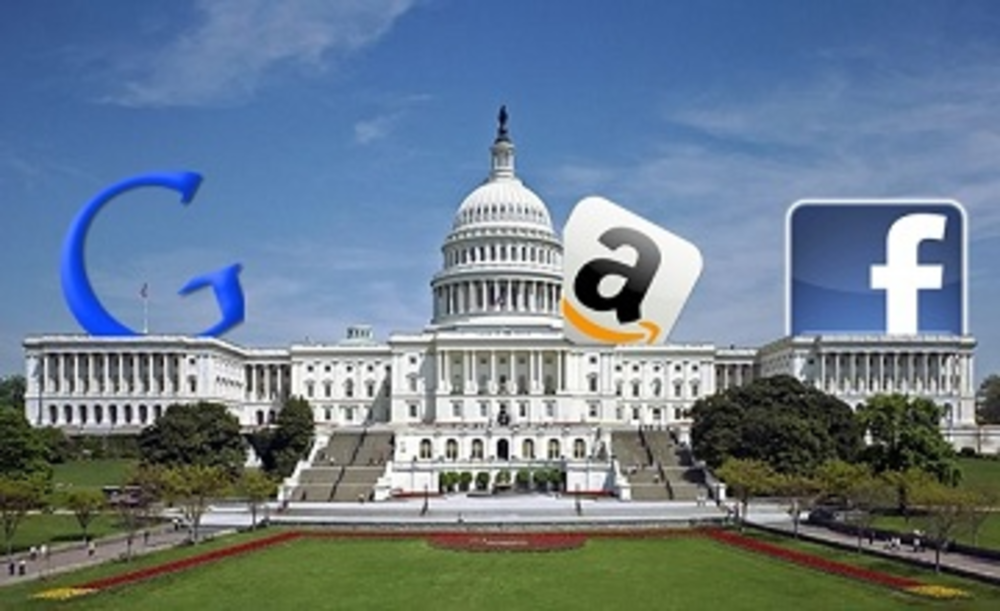The Internet Association unveiled the 14 Internet power players–including Facebook and Google–that have signed on to help mold public policies surrounding Internet freedom, innovation, and user empowerment. Amazon, AOL, eBay, Expedia, IAC, LinkedIn, Monster Worldwide, Rackspace, salesforce.com, TripAdvisor, and Zynga complete the membership roster. President and CEO Michael Beckerman will lead the organization.
“We hope to [help] our global community of Internet users’ voices be heard,” says The Internet Association’s spokesperson Betsy Barrett. “We’re going to be out in cities and towns across the country talking to Internet users, individuals, and businesses, and getting their thoughts on protecting Internet freedom to promote innovation, economic growth, and job creation. We’re going to bring these local businesses, educators, health care providers–as many as we can–and their stories to Capitol Hill to help Congress understand the value that the Internet has on their districts and states.”
Barrett notes that Stop Online Piracy Act (SOPA) was not the driving force of The Internet Association’s formation, but it did have an influence on it. “SOPA and PIPA (Protect IP Act) did put an exclamation point on the justification of the group because had these bills become law, it would have been devastating to the Internet, Internet users, and the Internet economy,” Barrett says.
Altimeter Group principal analyst Alan Webber says participating in the lobbying group is in the Internet companies’ best interest and is a “proactive defense mechanism.”
“The technology has just completely outpaced our regulatory regime and policies. So, these companies are now getting involved at a lobbying level to be able to do their best to defend their business model, [while] at the same time minimize any potential policy impact that may come,” Webber says. “Of course some businesses aren’t able to minimize all of them, but they’re going to try to minimize as many as possible.”
Webber predicts that The Internet Association will focus on tackling issues surrounding consumer protection, and intellectual property, international trade, and security. He and IDC Program VP of digital media and entertainment Karsten Weide agree that the United States is lagging behind other countries in terms of instituting privacy legislation.
“It’s really just a matter of time until there will be at least regulation if not legislation,” Weide says. “The U.S. is really behind on this matter. Europe is ahead of us, unsurprisingly. But even China and even India are mulling privacy protection laws.”
“I think here in the United States we have a difficult time understanding what conflict of privacy and the privacy of data means in the current culture we live in,” Webber adds. “I think we have to define what privacy is in this day in age.”
While Weide and Webber agree that the chances of establishing privacy legislation before the election are rather slim, Consumer Watchdog consumer advocate John Simpson acknowledges that the issue of online privacy is a “bipartisan concern.”
“There’s a coalition that’s got Ed Markey, who’s a very liberal Democrat, and Joe Barton, who’s a very conservative Republican, and they’re both actively involved in the congressional privacy caucus. So, that leads me to believe that there is bipartisan concern about legislation, but we won’t know until after the election.”








